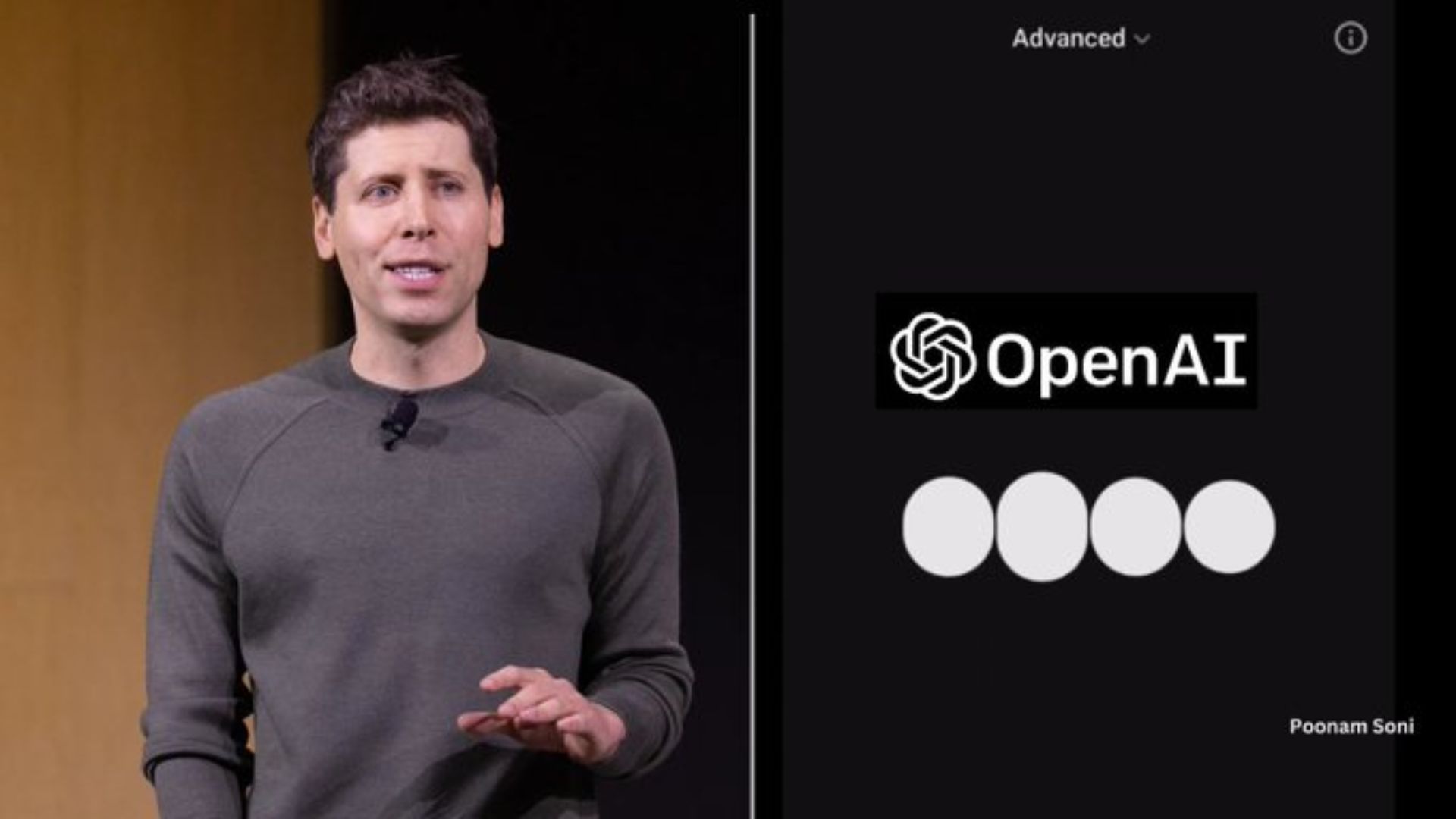
What you need to know
- OpenAI recently shipped its long-anticipated Advanced Voice Mode feature to select ChatGPT Plus users.
- The ChatGPT maker had previously delayed its launch by one month to address lingering safety concerns.
- You'll need a $20 monthly subscription to access the neat feature.
ChatGPT's Voice Mode feature might be the most anticipated feature among most users. OpenAI first mentioned the feature during its Spring Update event in May while launching its "magical" GPT-40 model with reasoning capabilities across audio, vision, and text in real time.
At the time, the ChatGPT maker indicated that the Advanced Voice Mode feature would ship within a few weeks, but this wasn't the case. The company was initially supposed to launch the feature in June. Still, it delayed its launch to July because of safety concerns, including improving the model's ability to detect and refuse certain content.
In the past few months, OpenAI has been under fire after former employees from its super alignment and safety team ousted it for prioritizing shiny products as safety processes took a backseat. It's interesting to see the company take note of critical issues before shipping powerful AI tools to broad availability.
And now, after months of safety testing, OpenAI's Advanced Voice Mode feature is finally available. However, it's worth noting that the feature won't be available for all ChatGPT users. You'll need a monthly $20 ChatGPT Plus subscription to access the neat feature.
Here's a compilation of cool ChatGPT Voice mode demos by Poonam Soni on X:
OpenAI just dropped Advanced Voice ModeAnd people are going crazy over it.Here are 7 wild examples you don't want to miss: pic.twitter.com/91RwgHiCUtJuly 31, 2024
Having the ChatGPT Plus subscription doesn't necessarily mean you'll have access to the feature. OpenAI had previously highlighted its plan to ship the feature in alpha to select ChatGPT Plus. The company further indicated that it wants to gather feedback from select users to improve and enhance the tool's capabilities before it ships to general availability. It's unclear how the company selects the "small group of users."
🔥The hottest trending deals🔥
-
Seagate Xbox Expansion Card (2TB) | was
$359.99now $249.99 at Best Buy -
Xbox Game Pass Ultimate (3-months) | was
$49.99now $29.89 at CDKeys -
Alienware 34 Curved QD-OLED Monitor | was
$899.99now $699.99 at Dell -
HP Victus Gaming Laptop (RTX 4050) | was
$979now $599 at Walmart
ChatGPT's Voice Mode demos echo NVIDIA CEO's predictions for the future
Several reports have seemingly indicated AI might be a fad and that 30% of its projects will be abandoned by 2025 after proof of concept. However, big tech corporations like Microsoft, OpenAI, Google, and Apple have hugely benefitted from their investments in the landscape.
According to Aljazeera, NVIDIA recently set the record for the biggest daily gain in valuation in the stock market history, translating to $330 billion. The chip maker is now the third most valuable company in the world after Apple and Microsoft. Market analysts attribute its gains to its investment in AI and the high demand for AI chips.
Investors recently placed Microsoft on the spot for its high expenditure on AI advances. The large investments in the new cutting-edge category didn't necessarily complement the realized profits.
As generative AI's future hangs in the balance with high levels of uncertainty, NVIDIA boss Jensen Huang recently painted a picture of what the future might look like. Huang says the hype behind AI-powered chatbots like Microsoft Copilot and ChatGPT might have reached its peak, and we could be on the brink of transitioning to the next phase of AI front-lined by self-driving cars and humanoid robots.
In a recent developer conference, Huang predicted a future where every business had an AI assistant (like how every business has a social media account, website, and email). Meta CEO Mark Zuckerberg echoed Huang's sentiments while broadly discussing the importance of open-source AI models.
The launch of ChatGPT's Advanced Voice Mode might be the onset of Huang's prediction for a future filled with digital AI assistants.







